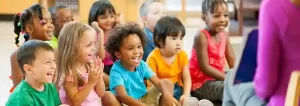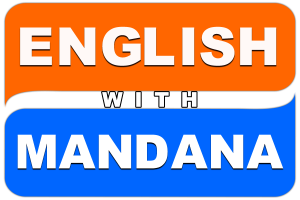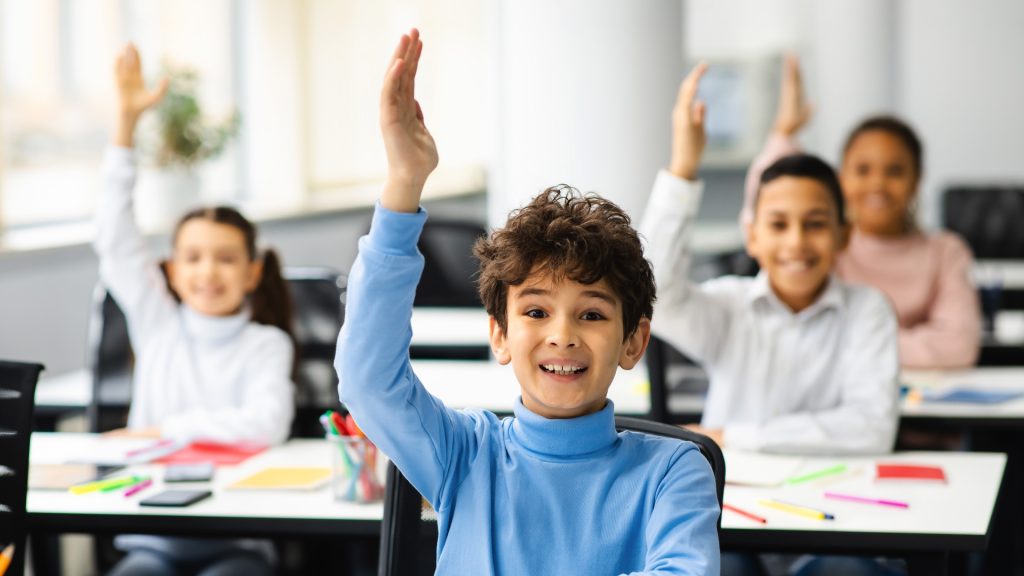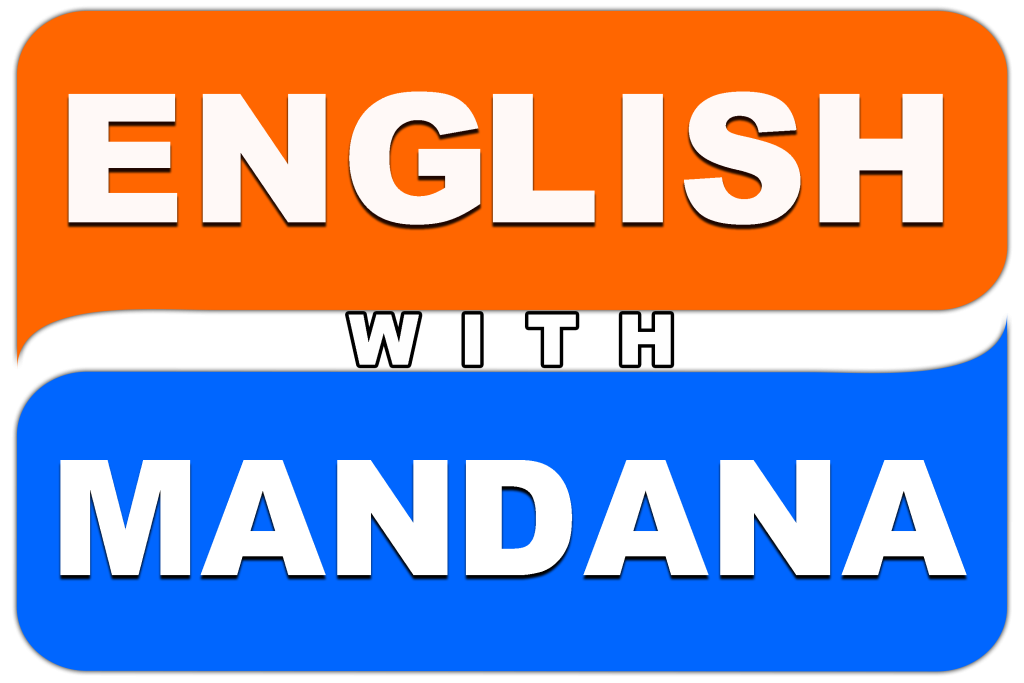اینجا 50 لغت انگلیسی در مورد آموزش کودکان با معنی فارسی آنها هستند:

برای دانلود فایل آموزشی و پی دی اف لغات مربوط به Children’s education روی لینک زیر کلیک کنید:
لغات مربوط به Children’s education
- education – آموزش
- curriculum – برنامه درسی
- pedagogy – روشهای تدریس
- literacy – سواد
- numeracy – حسابداری
- critical thinking – تفکر انتقادی
- assessment – ارزیابی
- classroom – کلاس درس
- teacher – معلم
- student – دانشآموز
- learning – یادگیری
- engagement – مشارکت
- homework – تکلیف
- extracurricular – فوقبرنامه
- motivation – انگیزه
- subject – موضوع درسی
- skills – مهارتها
- knowledge – دانش
- resources – منابع
- technology – فناوری
- inclusive education – آموزش فراگیر
- special needs – نیازهای ویژه
- early childhood – دوران کودکی اولیه
- primary education – آموزش ابتدایی
- secondary education – آموزش متوسطه
- higher education – آموزش عالی
- tutoring – تدریس خصوصی
- mentorship – راهنمایی
- collaboration – همکاری
- creativity – خلاقیت
- discipline – انضباط
- feedback – بازخورد
- learning environment – محیط یادگیری
- educational equity – برابری آموزشی
- lifelong learning – یادگیری مادامالعمر
- citizenship education – آموزش شهروندی
- values – ارزشها
- emotional intelligence – هوش هیجانی
- problem-solving – حل مسئله
- inquiry-based learning – یادگیری مبتنی بر پرسش
- standardized testing – آزمونهای استاندارد
- school community – جامعه مدرسه
- parental involvement – مشارکت والدین
- academic achievement – موفقیت تحصیلی
- social skills – مهارتهای اجتماعی
- digital literacy – سواد دیجیتال
- educational policy – سیاستهای آموزشی
- career guidance – راهنمایی شغلی
- bilingual education – آموزش دو زبانه
- enrichment programs – برنامههای غنیسازی
Children’s Education:
A Comprehensive Approach Education is a fundamental aspect of child development, encompassing a well-structured curriculum that fosters not only academic knowledge but also essential life skills.
Effective pedagogy plays a crucial role in engaging students and promoting critical thinking, enabling them to analyze and solve problems effectively. In the classroom, teachers are responsible for creating a supportive learning environment that encourages engagement and participation. They utilize various resources, including technology, to enhance literacy and numeracy skills among students.
Assessment methods, such as standardized testing and formative feedback, help track student progress and inform instructional adjustments. Inclusive education ensures that all students, including those with special needs, receive the support they require. Early childhood education sets the foundation for lifelong learning, emphasizing creativity and social skills that are vital for personal and academic success. Programs that promote emotional intelligence and values are essential for developing responsible citizens.
Extracurricular activities contribute significantly to the holistic development of children, allowing them to explore their interests and talents outside the regular curriculum. Parental involvement is also crucial, as it fosters a strong school community and supports academic achievement.
As students progress to primary and secondary education, they encounter more complex subjects and opportunities for collaboration and mentorship.
Higher education further expands their horizons, providing avenues for career guidance and bilingual education. Ultimately, the goal of education is to prepare students for the future, equipping them with the skills and knowledge necessary for success in an ever-changing world. By promoting educational equity and lifelong learning, we can empower the next generation to thrive.


